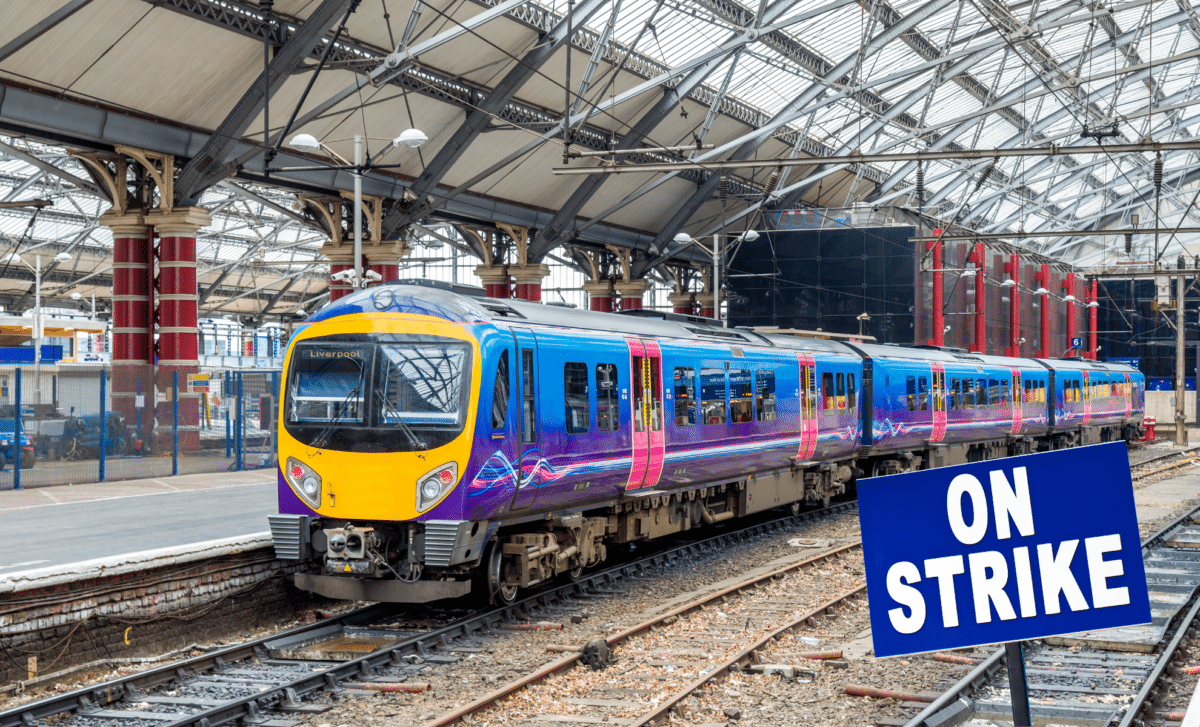Commuters felt relieved as the RMT union announced the cancellation of several scheduled train strikes following improvements in pay offers. However, concerns remain as London Overground employees continue to plan industrial actions, including strikes, maintaining relevance to ongoing transit disruptions.
Scheduled train strikes by members of the Aslef union are set to occur between Tuesday, January 30, and Monday, February 5, with overtime banned for nine days starting from January 29. These actions will affect operations across 16 train operators, potentially causing significant disruptions for commuters.
While strikes planned for February 19 and 20 on the London Overground have been suspended by the RMT union, further industrial action is still scheduled for March. The specific dates for these strikes are as follows:
Monday, February 19: London Overground – suspended
Tuesday, February 20: London Overground – suspended
Monday, March 4: London Overground
Tuesday, March 5: London Overground
Will There be Any Future National Train Strikes ?
Aslef train drivers have voted to extend their strike action for another six months in their ongoing dispute over salaries and conditions.
It is in conflict with 16 other operating companies including :Avanti West Coast; Chiltern Railways; c2c; CrossCountry; East Midlands Railway; Greater Anglia; GTR Great Northern Thameslink; Great Western Railway; Island Line; LNER; Northern Trains; Southeastern; Southern/Gatwick Express; South Western Railway main line; SWR depot drivers; TransPennine Trains.
The union has active mandates for industrial action across all train operating companies it is in dispute with, extending until August. This implies that the threat of strikes will persist for commuters until then unless a resolution is achieved.
In a distinct conflict from the national pay dispute, train drivers employed by Northern and LNER are set to initiate a one-day strike and ban overtime for three days. Aslef members at these two operators are scheduled to walk out on Friday, March 1, with action short of a strike planned from Thursday, February 29, to Saturday, March 2.
The union contends that agreements are not being adhered to.
While strikes by the Rail, Maritime, and Transport (RMT) union members have been ongoing since June 2022, a significant development occurred in December. Members voted overwhelmingly to accept a deal, concluding their prolonged dispute over pay and conditions.
The agreement stipulates the suspension of industrial action until at least April 2024, in return for a backdated pay offer. This offer ensures that all members are entitled to receive a lump sum Christmas payment of at least £1,750.










Is going to be any more end of March Bank Holiday weekend coming up
The train strikes should stop now. It’s been going on for a long time now. They should sack the staff who are not prepared to work and replace them with people who want to keep our trains running. The striker are getting greedy now. I want this train strike baned for good and stop unions going on strike for good its pathetic. This country is coming to a standstill and people are losing their lively hod and jobs because of it. Ban the strikes for good now and don’t be so dam greedy. The only people that should go on strike are the commuters. The service we get is rubbish trains are always delayed or cancelled and I find the southern staff very rude and lazy.
It’s time the rail company’s gave up they’re not winning and the only people they are hurting is the public that they rely on to use the trains. My personal opinion is if you can afford to strike, you don’t need pay rises
I am fed up with the railway strike because I think you don’t deserve it at all. Its just pure greedy and selfish. I tell you something I wish I could go on strike for the mount I get each month.